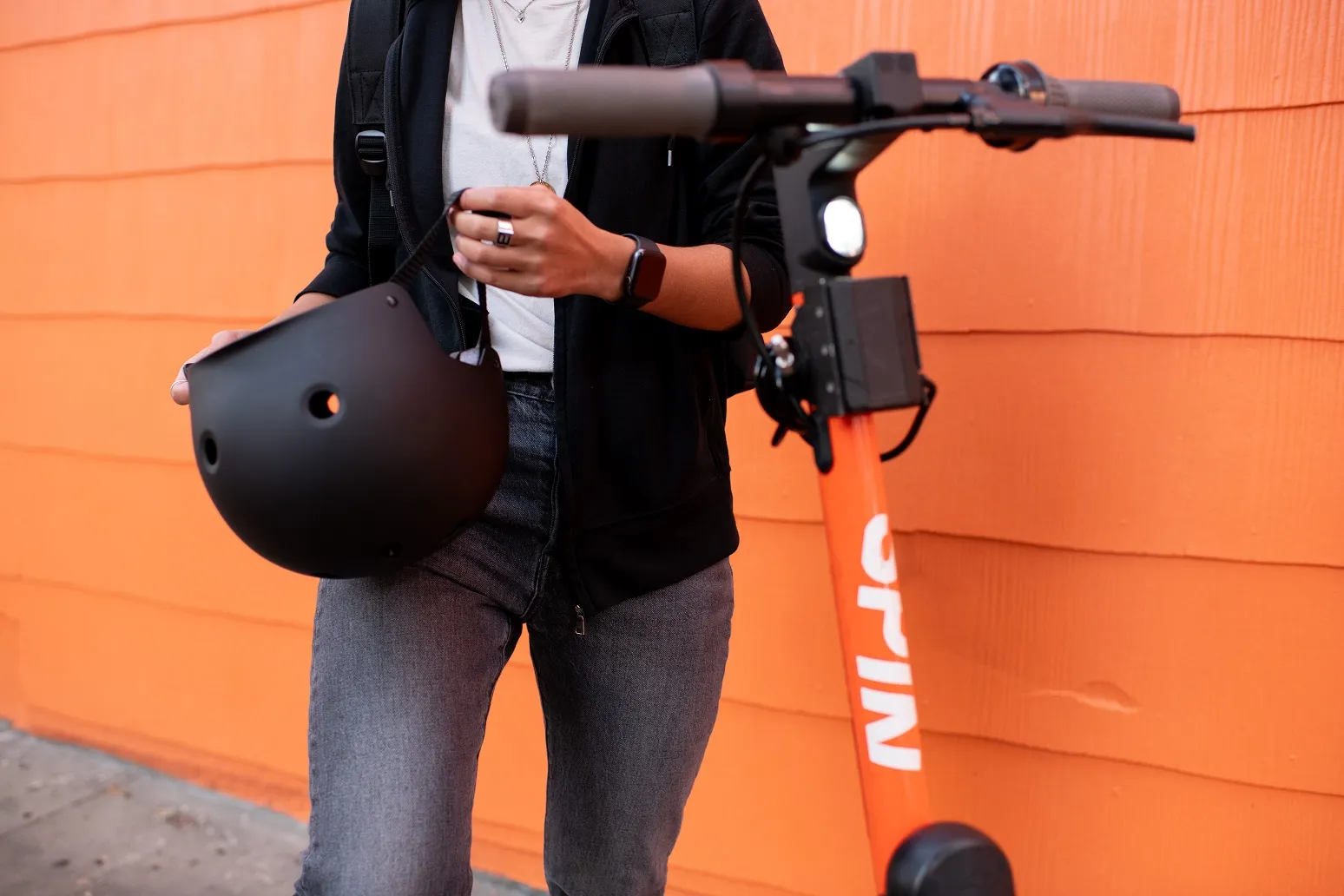
In conjunction with Team Better Block it has come up with the ‘Build a Better Barrier Challenge’, which calls on designers and planners to help repurpose space for people during the Covid-19 pandemic.
The idea is to design barriers that better delineate and protect pedestrian and mobility lanes from traffic.
Entries must be in by 12 June and the winning design will be trialled in the US.
“With fewer cars on the road and a clear need for open spaces to allow people to safely exercise and move around their communities, many cities are looking to affordably and quickly repurpose road space," said Kay Cheng, director of infrastructure initiatives at Spin.
"It’s clear that as cities plan to gradually reopen, bikes, e-scooters, and other forms of solo transportation will be critical to continuing physical distancing.”
The company says designs will be selected based on how well they protect people from cars, maintenance costs, durability, affordability to all communities and sustainability of materials.
“Working on bike lane demonstration projects in many cities has made us aware of the limited options available for barriers that separate bike lanes from vehicular lanes,” said Zoey Mauck, urban designer at Team Better Block.
“We are seeking new ideas for how to create safer streets that are both attractive and affordable."
Find out more about the challenge here.
A webinar on 21 May, hosted by Spin and Team Better Block, will give more details about submitting design concepts.
In a separate response to coronavirus, Spin introduced an initiative called ‘Everyday Heroes’ this month to provide free 30-minute rides to work for essential workers, starting with those in healthcare.
The scheme is in place in Baltimore, Denver, Detroit, Los Angeles, Portland, San Francisco, Tampa, Washington, DC and Salt Lake City.









